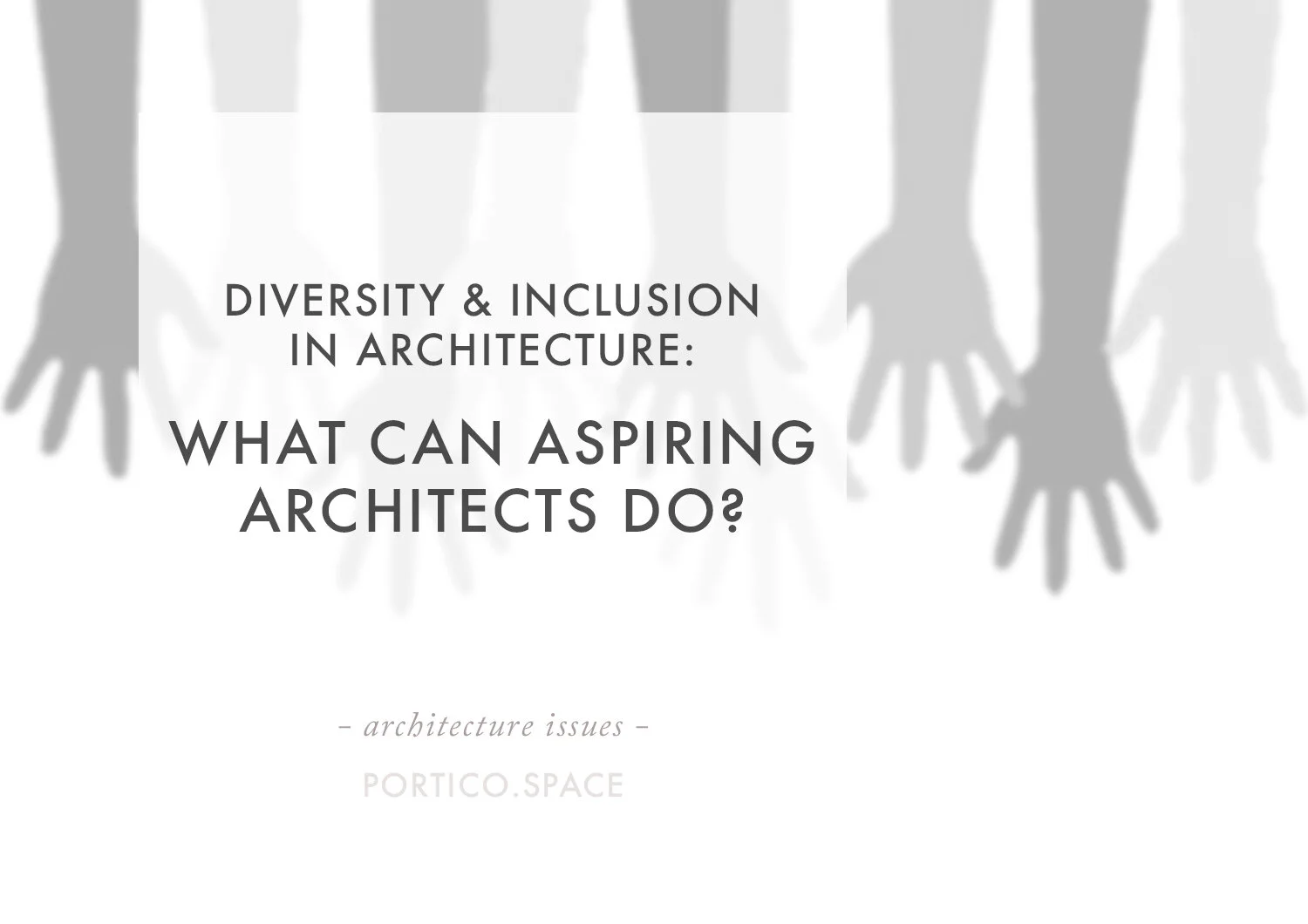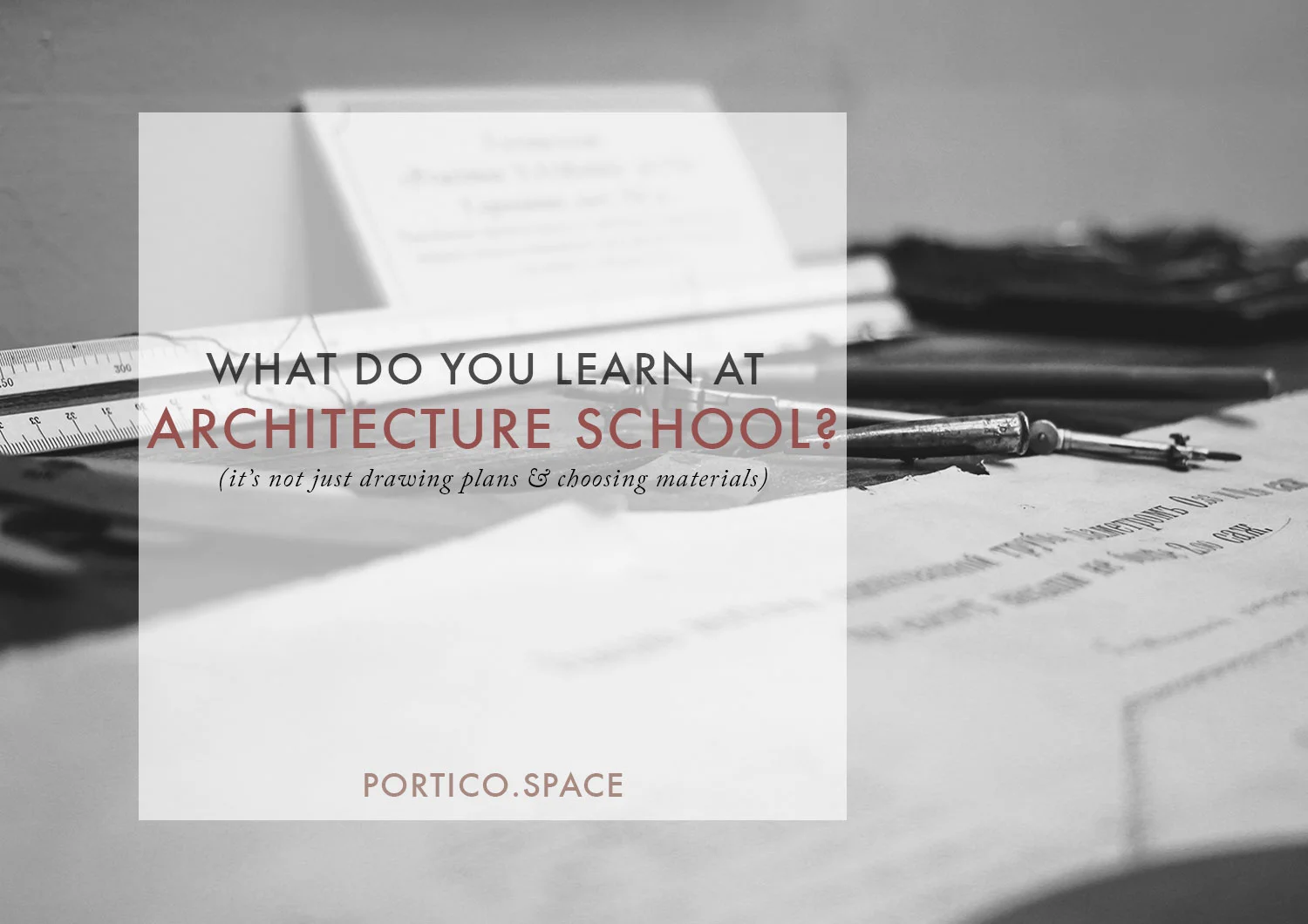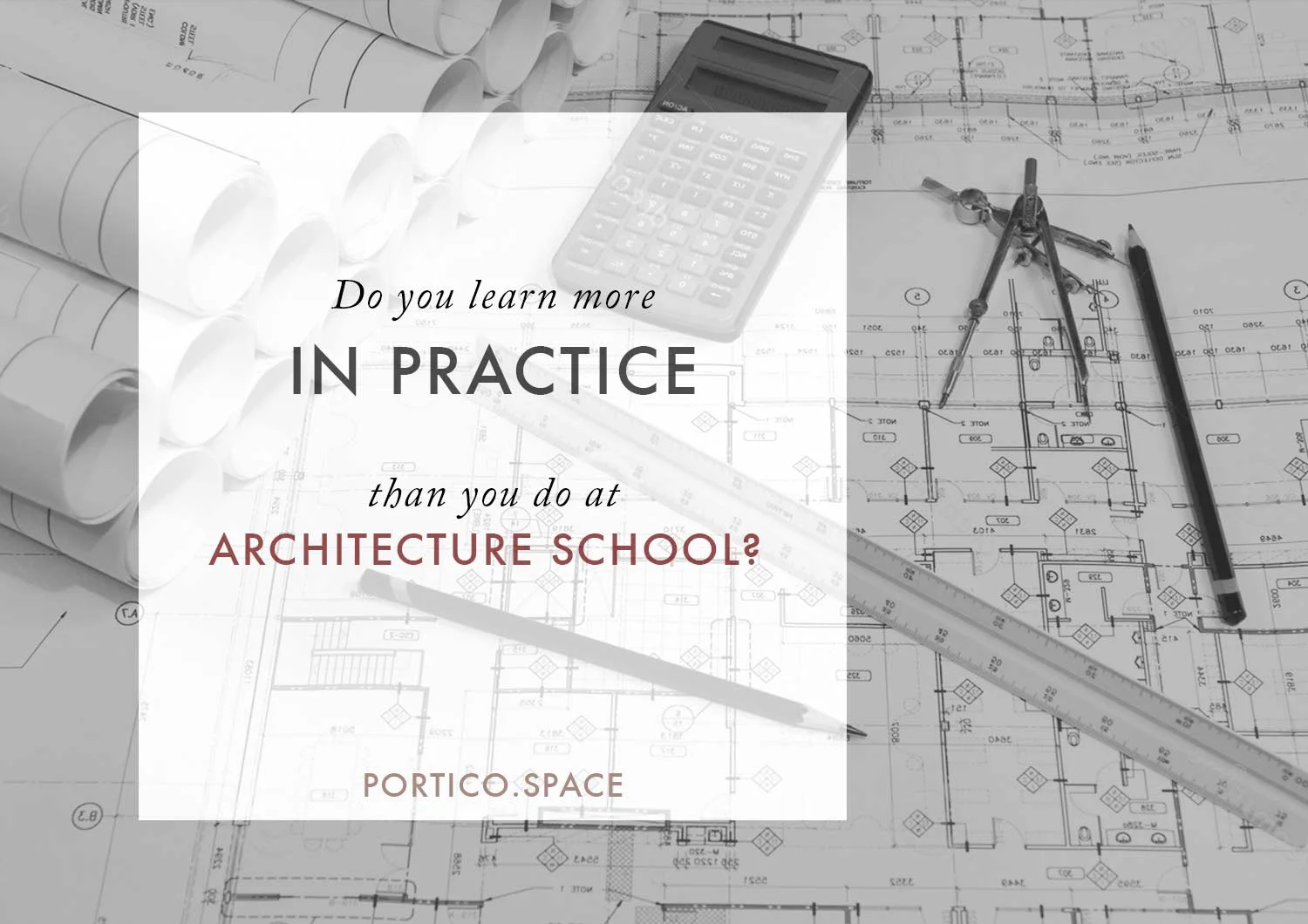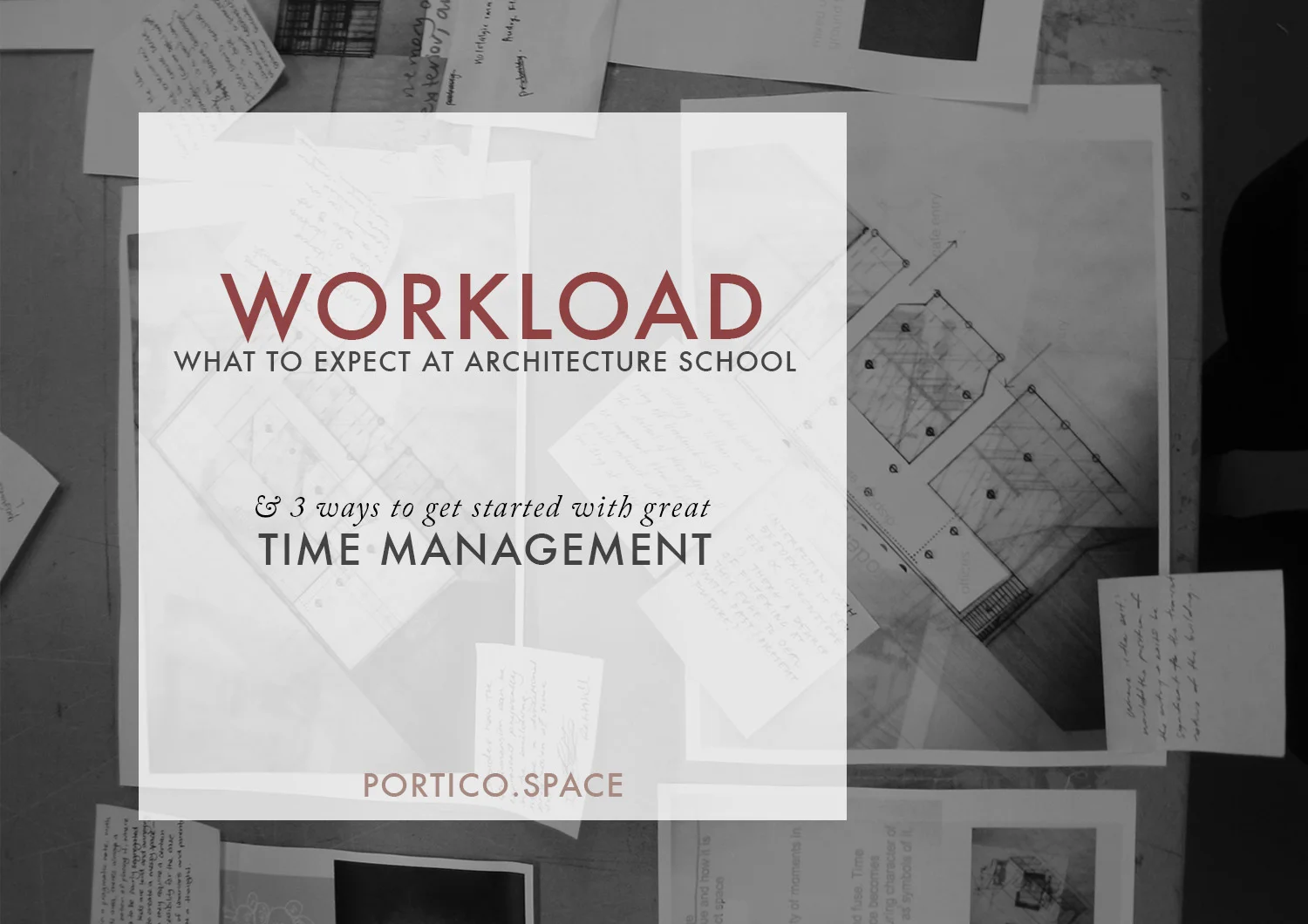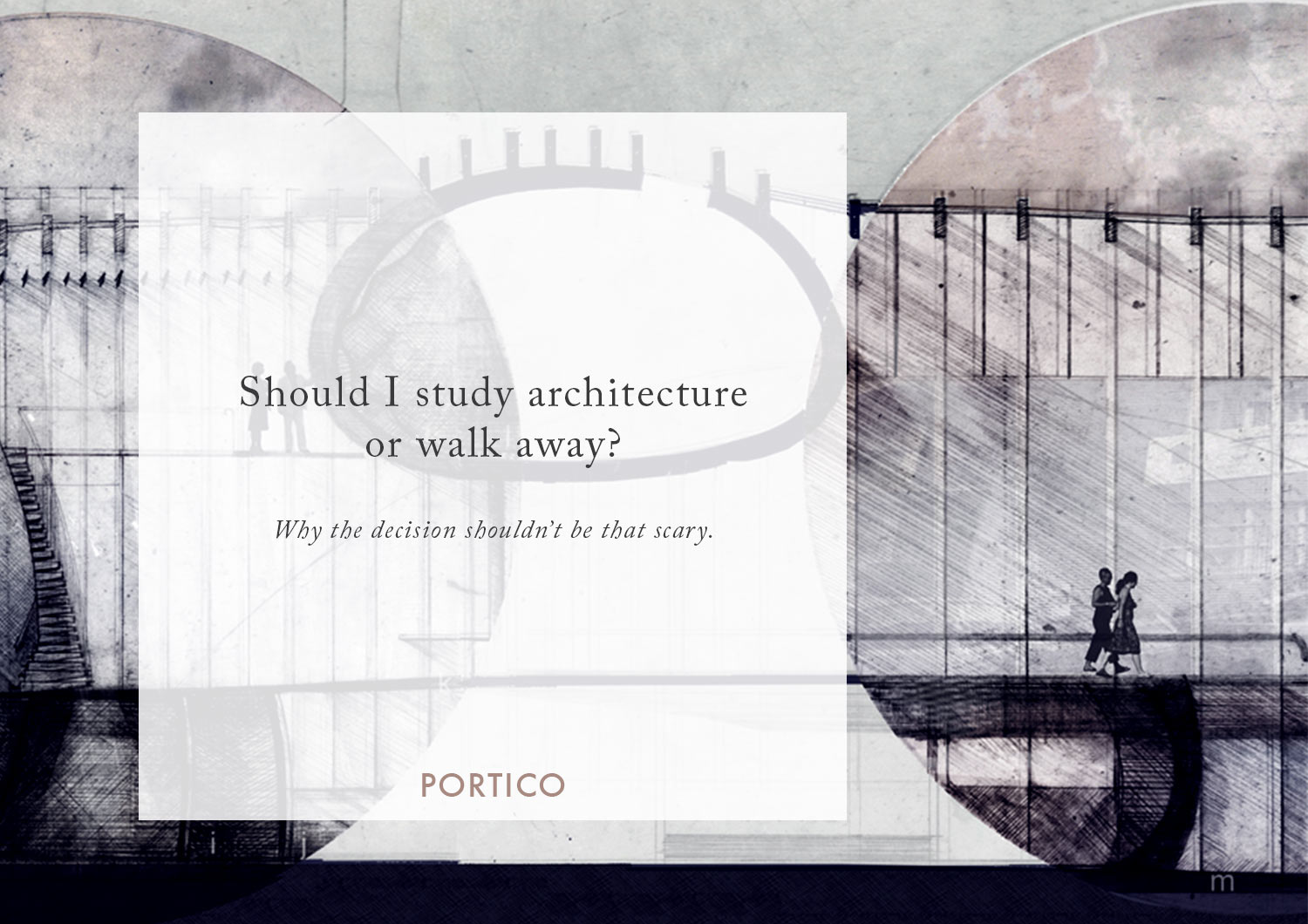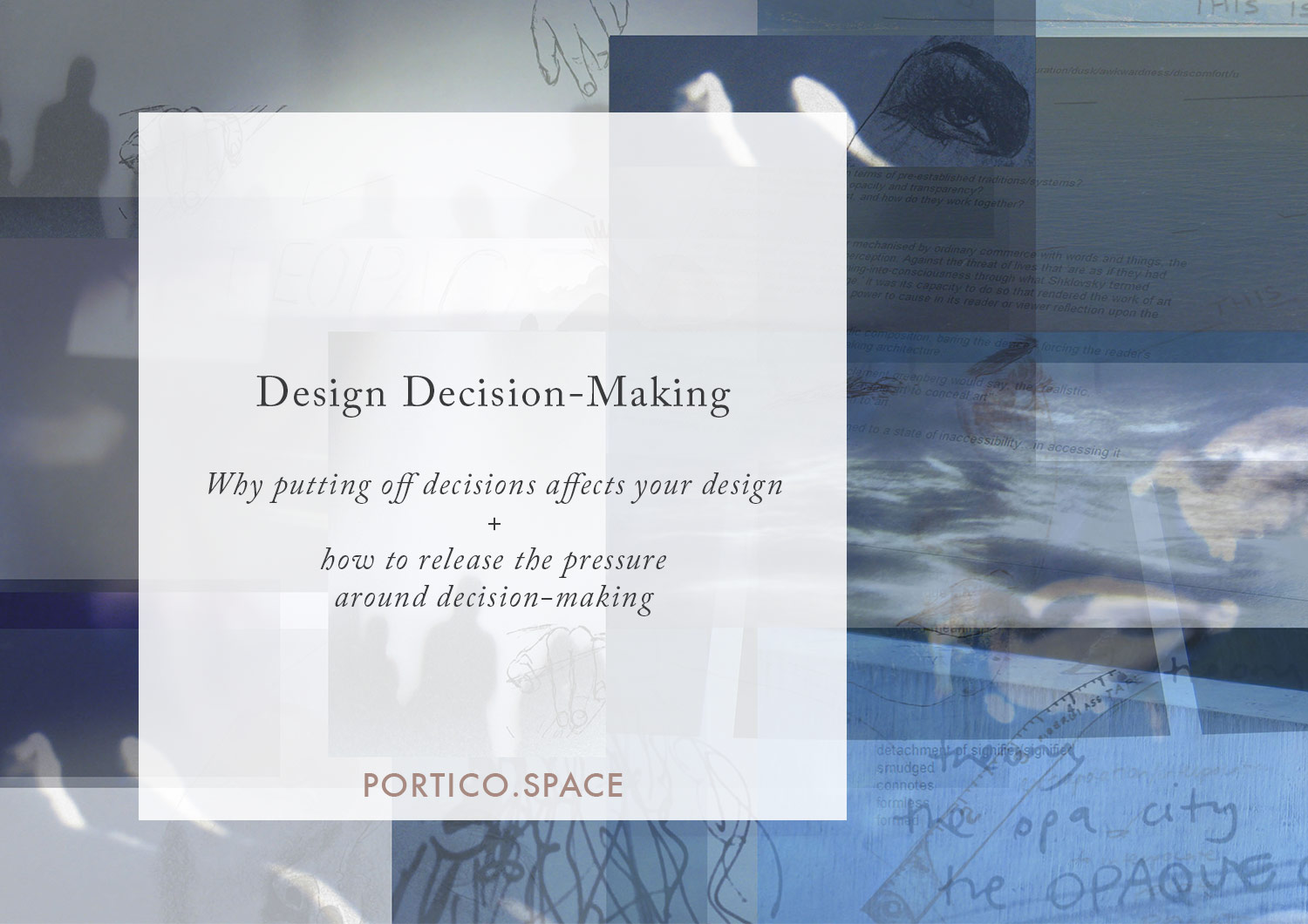ARCHITECTURE & YOU

Architecture is a slow profession - buildings take a long time to transition from conceptual ideas to real-world experiences. Yet, at architecture school there is so much project churn, that when you study you get used to this fast pace.
Working as an architectural professional is also fast paced, but in a different way - you will often be busy, but the projects themselves seem to crawl along. Often, new graduates can work for years before seeing a project they have worked on actually be built and completed.
So how can we practice patience in architecture? This article provides 5 ways to practice patience.
In Architecture, diversity and inclusion isn’t only a job for the managers, for higher level strategists, of for the leaders of our institutions. It is an everyday mission and practice for each of us, no matter what our role or contribution to the profession looks like or is labelled as.
So rather than waiting for diversity and inclusion changes to happen, what can we do as individuals, as aspiring architects, as active citizens with a dream of an inclusive and diverse future? And how can we do it without jeopardising how we operate within or alongside existing practices?
It's a simple question, but it's also the one I am asked most often, both by readers of Portico and by anyone who happens to know I studied architecture: friends in different fields, family members, and people I've just met. It sometimes seems like everyone is interested in architecture, but no one knows quite what it is or exactly how you go about doing it.
This post isn't about content - the quantifiable 'stuff' you'll learn at architecture school or in practice - or about how well architecture school 'prepares' you for practice. Instead, I'm going to unpack for you:
- why I think it is a myth that you learn more in practice;
- the conditions that perpetuate this myth; and
- why it's a dangerous way to think - not matter what stage you're at in your journey.
Instead of falling prey to the myth, you can choose to be strategic in your education, and take the driving seat in your architectural journey.
Your first year of architecture school will be exciting - there's no doubt about that! But it might also be daunting, and even overwhelming at times.
The class structures, workload and expectations are probably very different to what you have experienced before, either at school or in the workplace. In fact, even if you have studied at university before coming to architecture, the expectations and intensity of the studio environment can catch you off guard.
In this post, I'm going to share with you some of the things that might be different at architecture school.
I'll let you know:
- what to expect;
- what the workload is like,
- how you can manage your time.
I'll also talk through some ways you can prepare for and manage them - so you can focus on doing your best work!
I think I want to study architecture, but I’m not 100% sure. I'm worried this decision make or break my life!
Let's have a look at what happens if you choose to study architecture, and at what might happen if its turns out to be the 'wrong' decision.
So when people ask "don’t I need to be good at drawing to go to architecture school?” my response is often that they are asking the wrong question. The tasks architecture school will require you to complete will be vast, and drawing is just one of a number of skills which you will use to carry out your projects.
What you should be asking, is 'if I am going to go to architecture school, what unique mix of skills do I have, and how can I strengthen them while adding new skills to my base?' Now we can start thinking about how your ability in architecture is made up of many different skills, knowing how and when to use each, and how they integrate together.


